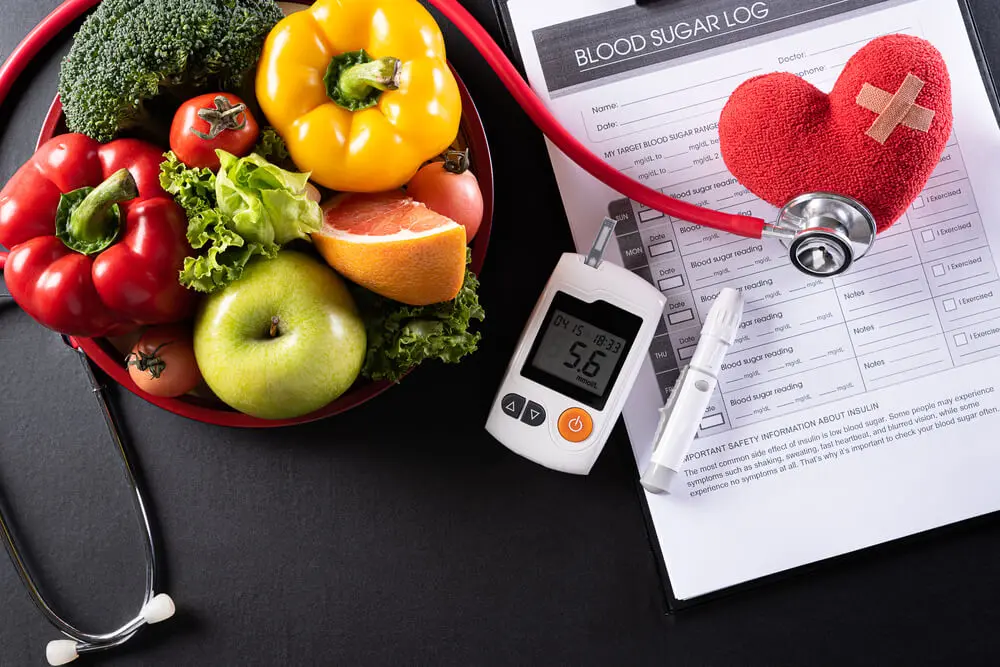Share This Article
People with high blood pressure or hypertension are twice as likely to develop diabetes. If not treated immediately, hypertension and diabetes can even trigger heart disease or stroke.
Continue to read the following article to find out the relationship between hypertension, diabetes, and their effects on heart health.
Getting to know hypertension and diabetes
Reporting from WHO, hypertension is a condition in which blood vessels continuously increase pressure. The higher the pressure, the harder the heart has to pump.
There are several simple tests that can be used to find out whether you have hypertension or not. One way is to use a blood pressure measuring device called a tensimeter.
Meanwhile, diabetes is a health condition in which the body fails to control blood sugar, or blood glucose levels. To detect it, you can use a blood glucose test kit that can be used independently at home.
The relationship between hypertension and diabetes
Reporting from Medical News Today, research reveals that these two diseases may be related to each other. Both in terms of risk factors, causes, contribution to worsening symptoms, and how to treat it.
In terms of causes, for example, a 2012 study noted that diabetes and hypertension are both caused by obesity, inflammation, oxidative stress and insulin resistance.
Not only that, these two health disorders also have similar risk factors such as smoking habits and low vitamin D levels.
Can diabetes cause hypertension and vice versa?
The answer is yes. In diabetes sufferers, instead of processing glucose into cells to provide energy, the body will instead put it into the bloodstream.
As a result, when blood with high glucose levels flows throughout the body, it can cause damage, including to the blood vessels and kidneys.
These two organs play a role in maintaining blood pressure and if they are damaged, this can trigger high blood pressure.
On the other hand, a 2015 analysis also concluded that from data on 4 million adults studied, hypertension sufferers were proven to have a higher risk of developing type 2 diabetes. So it could be said that these two diseases could be a causal factor for each other.< /p>
The effect of diabetes and hypertension on heart health
Heart disease often occurs in diabetes sufferers. Data shows that 65 percent of diabetes sufferers die from some type of heart disease or stroke.
This can happen because over time high blood sugar levels due to diabetes can damage the blood vessels in the heart, and make it more likely for fat deposits to develop.
High blood pressure can also trigger heart disease. This is because the increased strength of the blood tends to damage the walls of the arteries and make them hard. This condition will inhibit the blood supply to the heart muscle and develop a heart attack.
Reporting from the Centers for Disease Control and Prevention (CDC), people who have high blood pressure and diabetes can greatly increase their risk of heart disease. Yes, the combined impact of diabetes and hypertension can increase the risk of cardiovascular disease.
Treatment of heart disease in diabetes sufferers
Alternative treatments for heart problems in diabetes sufferers will depend on the severity of the heart disease. This can include several options such as:
- Aspirin therapy, to reduce the risk of blood clots that cause heart attacks and strokes.
- Diet
- Exercise is not only for weight loss, but for improving blood sugar levels, high blood pressure, cholesterol levels and to reduce belly fat, a risk factor for heart disease.
- Certain medications, and
- Operation.
The best way to prevent heart disease is to adopt a healthy lifestyle. Keep blood sugar as normal as possible, control blood pressure with medication if necessary. And what is no less important, stop smoking and learn to reduce daily stress.
Take care of your and your family’s health while having regular consultations with our doctor partners, by downloading the Good Doctor application now, click this link, yes!
Make efforts to prevent diabetes with early detection. Come on, check the risk of prediabetes via GrabHealth or in more detail on the application Good Doctor.


